Understanding Open-Angle Glaucoma
Before we dive into living with Open-Angle Glaucoma, it's essential to understand what it exactly is. Open-Angle Glaucoma, also known as chronic glaucoma, is a common eye condition that results in progressive damage to the optic nerve. This nerve plays a vital role in transmitting visual information from the eyes to the brain. To put it simply, the damage caused by this condition can lead to a gradual loss of vision, if not treated early.
Symptoms and Diagnosis
Often, Open-Angle Glaucoma is a silent condition, showing no early warning signs. As the disease progresses, you might notice a gradual loss of peripheral vision, usually in both eyes, and tunnel vision in the advanced stages. Therefore, regular eye check-ups are crucial for early detection. The diagnosis involves tests like tonometry to measure eye pressure, ophthalmoscopy to examine the optic nerve, and visual field testing to check for areas of vision loss.
The Importance of Timely Treatment
While Open-Angle Glaucoma cannot be cured, early detection and treatment can slow or prevent vision loss. The goal of treatment is to reduce the pressure in the eye, which can be achieved by medication, laser treatment, or surgery. Delay in treatment can lead to irreversible damage, highlighting the importance of regular eye exams, especially if you are above 40 or have a family history of the condition.
Life with Open-Angle Glaucoma: Medication Management
Living with Open-Angle Glaucoma often involves taking prescribed medication regularly to reduce the eye pressure. It is crucial to use the medication exactly as directed by your doctor, even if you have no symptoms. Missing doses can lead to a rise in eye pressure, accelerating the progression of the disease. It's a good practice to set reminders or alarms for your medication to ensure you don't miss them.
Adapting Your Lifestyle
Managing Open-Angle Glaucoma is not just about taking medication; it involves several lifestyle changes too. Regular exercise can help to reduce eye pressure, but it's important to avoid exercises that involve head-down positions. Additionally, maintaining a healthy diet, limiting caffeine intake, and avoiding excessive fluid intake at one go can also help manage the condition. Remember, these lifestyle changes should complement your medication, not replace it.
Coping with Vision Loss
If you've experienced some degree of vision loss due to Open-Angle Glaucoma, it's crucial to know that you can still lead an active and independent life. Assistive devices like special glasses, magnifiers, and electronic systems can help you with everyday tasks. You might also need to consider home modifications for safety, like installing more lighting and removing tripping hazards.
Emotional Support and Mental Health
Living with Open-Angle Glaucoma can be challenging, not just physically but emotionally too. It's normal to feel anxious, depressed, or stressed, and it's important to seek help for these feelings. Support groups, counseling, and therapy can be beneficial. Remember, taking care of your mental health is as important as managing your physical health.
Financial Considerations
The cost of medication, regular eye exams, and potential surgery can be a financial burden for many. Understanding your insurance coverage, exploring patient assistance programs, and planning ahead can help ease this stress. Don't hesitate to discuss your financial concerns with your healthcare provider; they can often provide resources or suggestions.
Being proactive in Your Eye Health
Living with Open-Angle Glaucoma requires you to be proactive about your eye health. Regular check-ups, timely medication, lifestyle modifications, and maintaining good mental health are all part of this journey. Remember, you're not alone in this. Reach out to your doctor, family, friends, or support groups when you need help. And most importantly, keep a positive attitude. With the right approach, you can manage this condition and lead a fulfilling life.
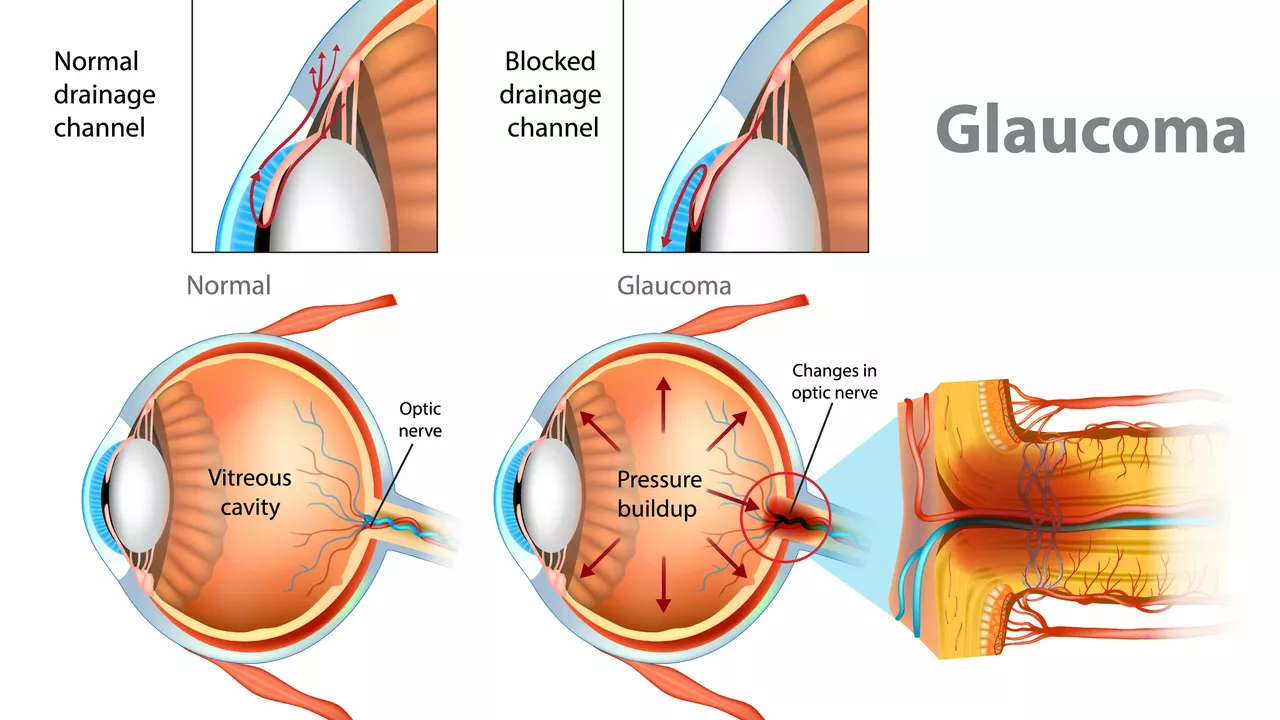
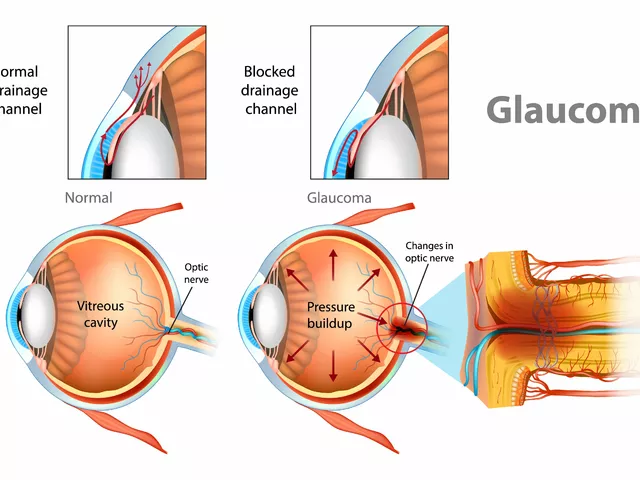
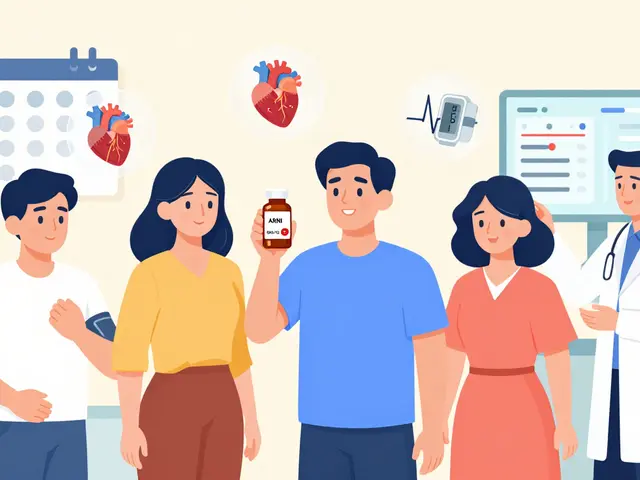
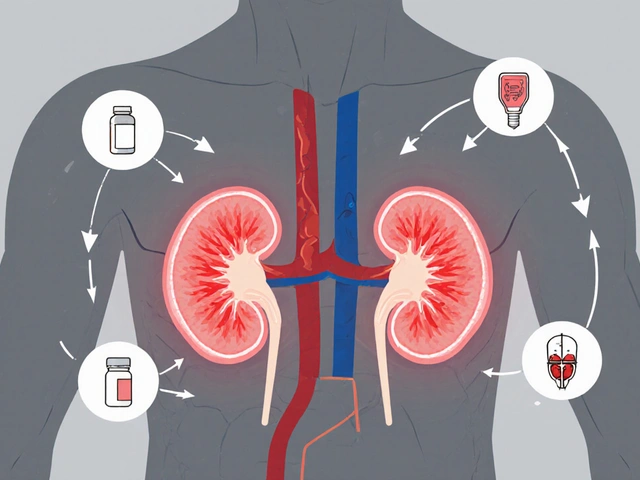
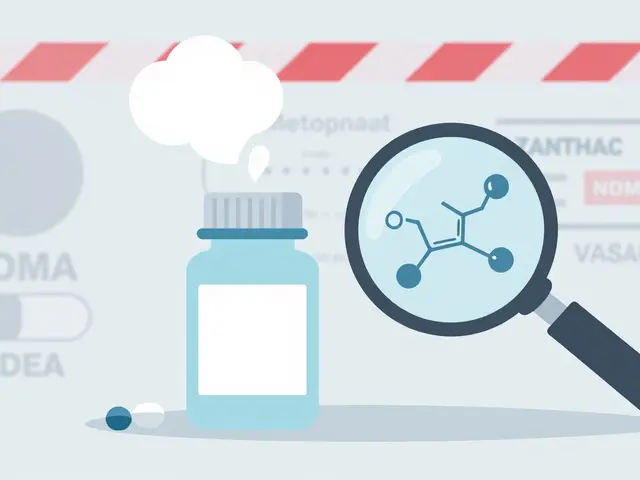
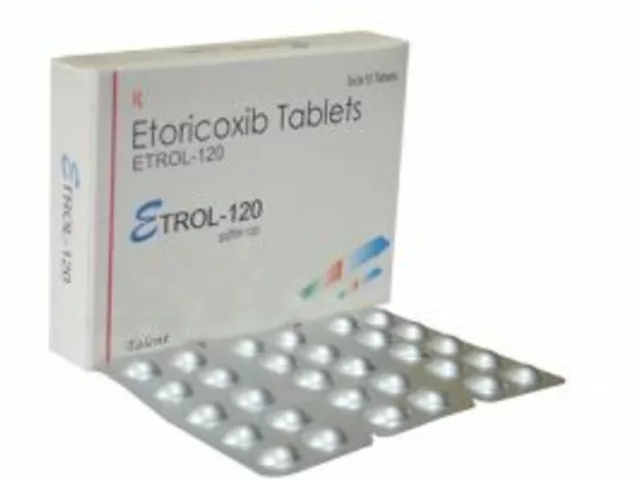

Sönke Peters July 21, 2023
Regular eye exams are the cheapest way to catch glaucoma early.
Paul Koumah July 21, 2023
Sure because who doesn’t love a good pressure check? It’s basically a free ticket to peace of mind.
Rhonda Ackley July 21, 2023
Living with open‑angle glaucoma feels like walking a tightrope over a canyon of darkness, each step a careful negotiation with a future that could blur at any moment. The diagnosis itself drops a heavy curtain of uncertainty, a silent thief that steals peripheral vision while the world continues unabated. You find yourself arranging your life around eye drops, alarms, and the ever‑present whisper of “what if” that echoes in every corner of daily routine. Every morning becomes a ritual, a solemn promise to yourself that you will not let the pressure rise, that you will not surrender to the gradual encroachment of tunnel vision. The medication bottles line the bathroom like sentinels, each drop a tiny shield against an invisible enemy. Friends and family watch with concern, offering advice that feels both supportive and overwhelming, as if the solution were a single pill that could erase the threat. Yet the reality is a mosaic of lifestyle tweaks-avoiding head‑down yoga poses, moderating caffeine, and finding the right balance of fluid intake-that demand constant vigilance. Emotional tides rise and fall; anxiety prowls like a shadow at night, and depression sometimes settles like a fog over the mind. Support groups become lifelines, a chorus of voices that remind you, “you are not alone in this battle.” The financial strain adds another layer of stress, bills stacking like unwanted souvenirs from a fight you never asked to join. But within this storm, there are moments of triumph-a clear vision of a sunset after a successful laser procedure, a laugh with a loved one that feels as bright as ever. Each triumph fuels a fierce determination to adapt, to learn, to become an advocate for your own eyes. The journey teaches patience, resilience, and an unexpected appreciation for the simple act of seeing a loved one’s smile. In the end, living with open‑angle glaucoma is not just about managing a disease; it is about redefining what it means to truly see and be seen in a world that often takes sight for granted. And so you march forward, armed with knowledge, hope, and the unwavering belief that you can still lead a full, vibrant life.
sara vargas martinez July 21, 2023
While the emotional narrative captures the human side, it is essential to underscore the epidemiological data that frames open‑angle glaucoma as the leading cause of irreversible blindness worldwide. The prevalence increases exponentially after the age of forty, and familial history multiplies risk by up to fivefold. In pharmacotherapy, prostaglandin analogues remain first‑line due to their superior intraocular pressure reduction and once‑daily dosing convenience. Laser trabeculoplasty, particularly selective laser trabeculoplasty (SLT), has demonstrated comparable efficacy with a favorable safety profile, reducing medication burden for many patients. Surgical interventions, such as trabeculectomy and tube shunt procedures, are reserved for refractory cases where target pressures are unattainable medically. Moreover, emerging studies on Rho‑kinase inhibitors suggest a promising adjunctive role, offering an alternative mechanism of action. Lifestyle modifications, while supportive, should be contextualized within a framework of evidence‑based risk reduction rather than viewed as primary therapeutic modalities. Patient adherence, nonetheless, remains the cornerstone of successful management; digital reminders and pharmacy synchronization have shown measurable improvements in compliance. Ultimately, integrating rigorous clinical monitoring with personalized therapeutic strategies maximizes visual preservation and quality of life.
Erica Dello July 22, 2023
First off the spelling of “glaucoma” is consistent throughout the article great job 😄 however the use of commas is inconsistent you need a comma after introductory phrases like “In the end” also watch out for double spaces there are a few There’s also an extra period after “life.” keep it tidy 👍
Todd Anderson July 22, 2023
Thank you for highlighting those editorial details. Precise punctuation indeed enhances readability and reflects professionalism, particularly in medical literature. I will ensure that introductory commas and spacing are corrected in the revised manuscript.
Dexter Smith July 22, 2023
The article glosses over the socioeconomic disparities that drive delayed diagnosis; patients in low‑income brackets experience a 30 % higher rate of advanced disease due to limited access to routine eye exams. Ignoring this factor perpetuates a systemic blind spot.
Cherish Capps July 22, 2023
i get it its tough but u can still find ways like using phone reminders or setting a daily alarm it really helps u stay on track with drops
Amy Carpenetti July 22, 2023
Overall the guide covers the key points medication lifestyle and support resources well it serves as a solid starting reference for newly diagnosed individuals
Paul Griffin July 22, 2023
Excellent summary, Amy. For anyone implementing the advice, consider pairing medication schedules with a simple spreadsheet or app to track adherence; consistency is the most powerful tool in preserving vision.